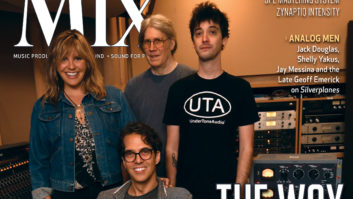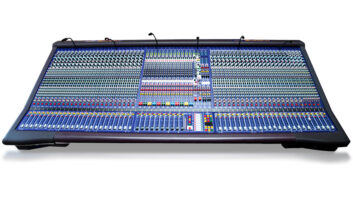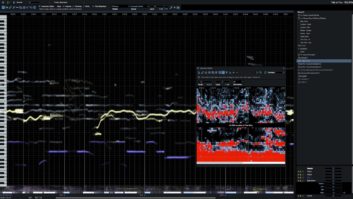With the continuing development of artificial intelligence, there’s been plenty of talk lately about robots replacing humans in the workplace. If you’re a musician, robots haven’t been the problem, at least not so far (although you might not know that if you watched this video). But as we’re all well aware, technology and the Internet have done a number on the music business over the last 25 years, resulting in a massive loss of work for musicians, composers and engineers.
Even with all the music jobs displaced by sequencers, sampling and so forth, the content is still being composed by human beings. Even a super-sophisticated digital instrument such as the Yamaha Disklavier, which can accurately reproduce the playing style of piano masters like Art Tatum or Oscar Peterson (at levels of resolution way beyond what MIDI provides), is mainly re-creating music that was originally played and written by actual people.
But now AI is making its way into the music world, and the computers are not only doing the playing but, in some cases, the composing, arranging, producing and mixing. Exhibit A is Jukedeck, an AI-powered website that creates royalty-free production music. Yes, humans designed it, but computers are handling the “creative” part.
In the past, if you wanted a piece of music to use for a corporate video, podcast, commercial or other production, you’d either commission a music company or composer or license a library track. Now you can go to Jukedeck’s website for a fraction of the cost. Choose a length, style, and mood—and in some cases the instrumentation—and within a minute or so, Jukedeck spits out a finished piece of music that you can download.
As someone who makes part of his income from composing, I will admit that I find the whole concept of artificially composed music to be disturbing. I remember trying out Jukedeck when it first launched, back in 2015, and being relieved that its music was uninspiring and machine-like. I decided to check it out again recently, and while I heard some improvement, its compositions still left me cold.
I will say that Jukedeck does a better job with electronic musical styles, of which it offers many subgenres. But choose “folk” or “rock,” and its tracks feature odd instrumentation and lack the organic feel, both in the writing and the “playing,” that those genres need.
I’m sure that over time, Jukedeck, and any other similar services that come along, will improve the quality of the music they produce. That said, there is something about the human brain and creativity that a computer, no matter how sophisticated, can’t imitate—at least for now.





